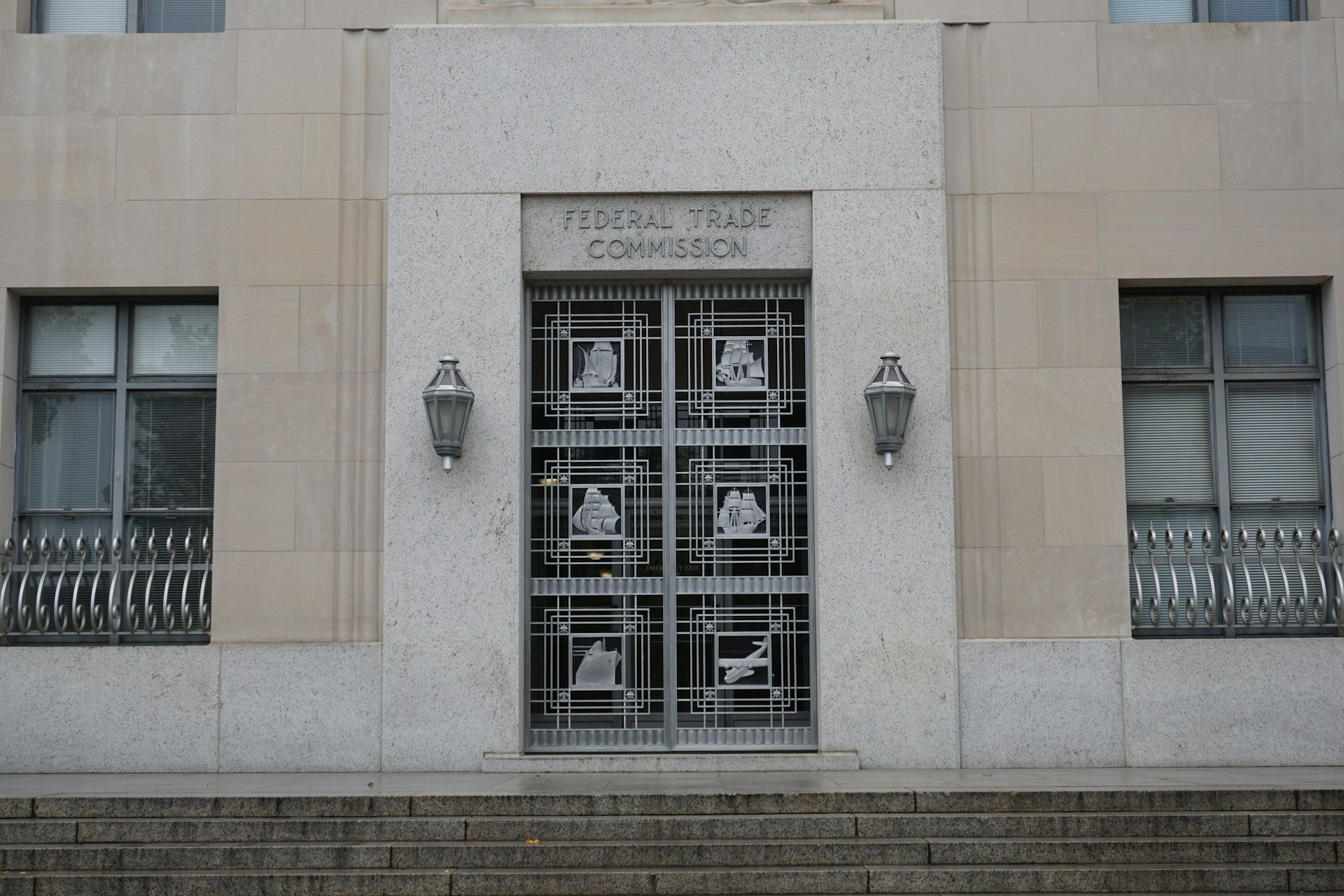The Federal Trade Commission Bans Non-Competes

The Federal Trade Commission has enacted a final rule aimed at fostering competition by prohibiting non-compete agreements on a national scale.
According to the Federal Trade Commission’s (FTC) new regulation, existing non-compete agreements affecting the majority of employees will lose enforce-ability after the rule becomes effective. Employers are forbidden from initiating or enforcing new non-compete agreements. Additionally, they must notify non-executive employees who are subject to existing non-competes that such agreements will not be enforced against them.
Specifically, the final rule prohibits new non-compete agreements for all employees, including senior executives, following its effective date. It deems it unfair and a violation of Section 5 of the FTC Act for employers to engage in non-compete agreements with employees after this date. Regarding existing non-competes, the rule treats senior executives differently from other employees. Senior executives’ existing non-compete agreements can remain valid, whereas those of other employees become unenforceable after the rule’s effective date.
The final rule defines “senior executive” as employees earning more than $151,164 annually and holding a policy-making position. The FTC projects several positive outcomes from the ban on non-compete agreements, including reduced healthcare costs ($74-$194 billion in savings on physician services over the next decade), increased business formation (2.7% rise in new firm formation, leading to over 8,500 additional new businesses annually), enhanced innovation (an estimated 17,000-29,000 more patents each year over the next decade, with an annual increase of 11-19% over ten years), and higher worker earnings ($400-$488 billion in increased wages over the next decade, with an average annual increase of $524 per worker).
Background about the FTC
The Federal Trade Commission (FTC) plays a crucial role in regulating the trucking industry and fostering fair competition in commerce overall.
- Antitrust Enforcement: The FTC enforces antitrust laws to prevent anticompetitive behavior in the trucking industry. This includes investigating mergers and acquisitions that could potentially harm competition, as well as addressing anti-competitive practices such as price-fixing or collusion among trucking companies.
- Consumer Protection: In addition to promoting competition, the FTC also protects consumers in the trucking industry. It ensures that trucking companies adhere to fair advertising practices, provide accurate information to consumers, and address issues related to false or deceptive advertising.
- Regulatory Compliance: The FTC works with other regulatory bodies, such as the Department of Transportation (DOT), to ensure that trucking companies comply with regulations regarding safety, environmental standards, and fair business practices. This collaboration helps maintain a level playing field for all players in the industry.
- Market Monitoring: The FTC monitors the trucking market to detect and address any signs of anticompetitive behavior or market distortions. This proactive approach helps maintain a competitive marketplace that benefits both businesses and consumers.
Overall, the FTC’s role in the trucking industry and commerce as a whole is to promote fair competition, protect consumers, and ensure regulatory compliance, all of which contribute to a healthy and thriving economy.
We Know The Industry
With over 20+ years in the trucking insurance industry Cook Insurance Group combines national reach with local service to address the needs of large fleet, small fleet, single owner and tow trucking operations, and to charter bus lines. We ONLY serve the Trucking industry, providing the best trucking insurance. Let our friendly, bi-lingual staff help you find the right insurance protection at the right cost.
Cook Insurance Group is dedicated to meeting the needs of both small and large fleet trucking companies. Our reps handle every aspect of your program, ensuring you have the best trucking insurance plan for your specific needs. We work closely with you to manage your plan on an ongoing basis.
At Cook Insurance Group, we provide immediate certificate and ID card insurance, including 24/7 certificate availability. We leverage our client portal which allows you to access and issue certificates, check claim status and view policies. Cook Insurance Group is prompt and reliable, including 24-hr claims reporting. (Physical Damage and Motor Truck Cargo). We also provide educational seminars for management and drivers of companies.
At Cook Insurance Group we have licensed risk managers available to assist you with CSA scores and driver training. We provide border risk coverage (NAFTA) and mid-year loss run reviews.
Choose Cook Insurance Group for all of your trucking insurance needs whether you are located in Texas, Arizona or Arkansas.



